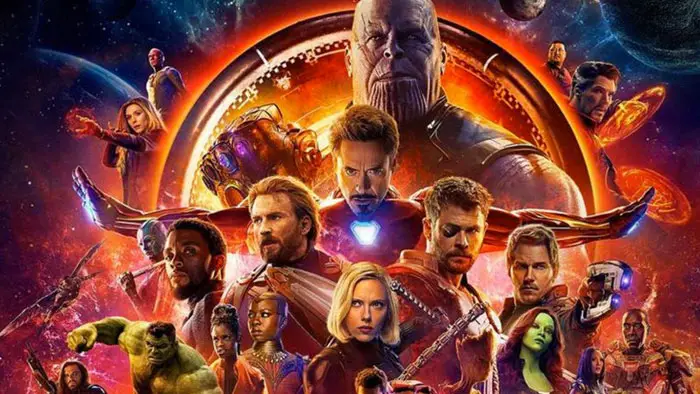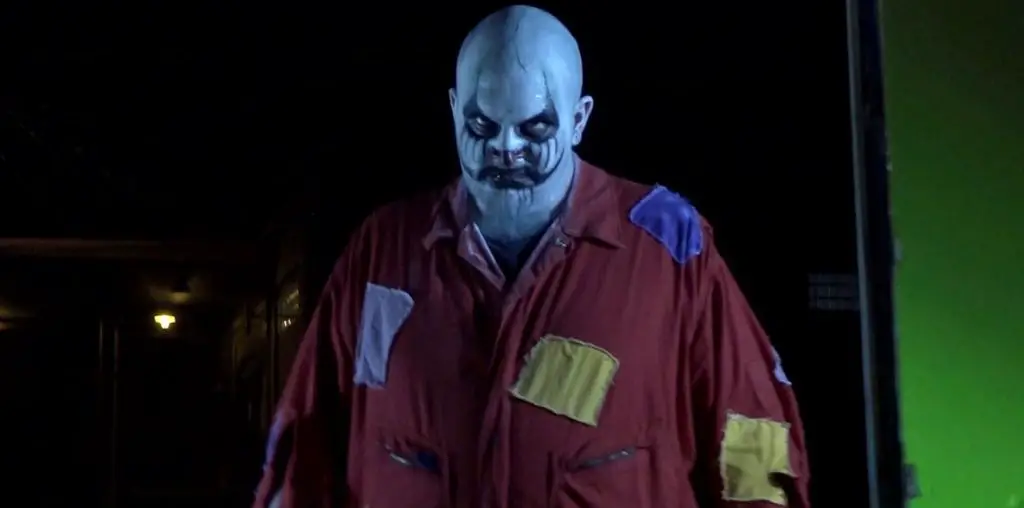
When the World Trade Center was destroyed on September 11th, 2001, the towers weren’t only destroyed, but our humanity as well. We found a purpose in engaging in war, it split us apart, and it bred a new generation of apathy, hatred, fanaticism, isolation, and pure ignorance, and most of all, it obliterated what little unity we had, turning us into enemies.
“Parallel Lines” doesn’t really seek to be a sickening saccharine “God Bless America, We’re doing fine” documentary, it really just attempts to show us that we’re all very connected and indeed disconnected to one another, and it does that by showing Nina Davenport who takes a cross country trip interviewing everyone she comes across.
While the premise itself is trite, “Parallel Lines” is refreshingly rich in texture and focus providing a glimpse into the corners of America where many people always seem to have an opinion and or view on the day the world trade center was destroyed. And that creates for itself the concept and the title. Even though we’re all disconnected, we’re still very much running together.
During “Parallel Lines” Davenport interviews many people from country club goers to truck drivers, all of whom seem to still be suffering from the effects of the attack, and Davenport even bears witness to a drive-thru wedding (a jab at her previous documentary “Always a Bridesmaid” which chronicled her career as a wedding videographer) where she ponders upon the concept of marriage and wonders if there is still any love left in this world.
Sadly though, Davenport falls into the typical traps of American one-track thinking in which she questions her “patriotism” and wonders if the fact that she instead feels angry at what we’ve done instead of rallying behind us would brand her traitorous. She never bothers to wonder that perhaps her ability to feel anger is perfectly normal in light of what we’ve contributed to our current international struggles, nor does she ever consider that questioning her country is just as patriotic as rallying behind it.
But then she begins visiting monuments that chronicle experiments like the atom bomb, and the Manhattan Project while explaining that monuments and history texts never mention the casualties behind such events that supposedly benefited us. So basically, Davenport is all over the map wondering if she’s bad for questioning her home, but still questioning our history. Thus, she never seems to be resolute in her goals.
In one sequence, she interviews a group of men who live in the forest, men whom were once Vietnam soldiers. The men explain that Vietnam and Hiroshima are events that had to be done, yet when asked about the current war, he simply scoffs and replies “This war is a joke.” I was never really certain what Davenport was trying to convey, and it was confusing to witness her sometimes exploring the cynicism of Americans, and our unity through one large event.
But, you’d be surprised how much insight the most unexpected people can provide towards humanity and our current state of the planet. A simple truck driver explains his aggression toward terrorism, a British photographer discusses his trepidation around Native American soil, and a man running a flea market worries how the war will never until unless we destroy ourselves, or grow a brain. He suspects the first scenario is a possibility. “Anger destroys the container it’s kept in”, explains a hunter. Davenport not only conveys to the audience how much sadness there is in the world after 9/11, but how everyone has an opinion and everyone can give some new sense of insight.
“Parallel Lines” as well as its contemporaries shed more light and insight on the attacks than any big budget all-star spectacle can, and its heart wrenching to watch everyone tear up at the mere mention of the date by Davenport. And she teaches us that there’s still love in this world, it’s just harder to find these days through all our losses.
Where were you on September 11th? Everyone has a story, don’t they?


